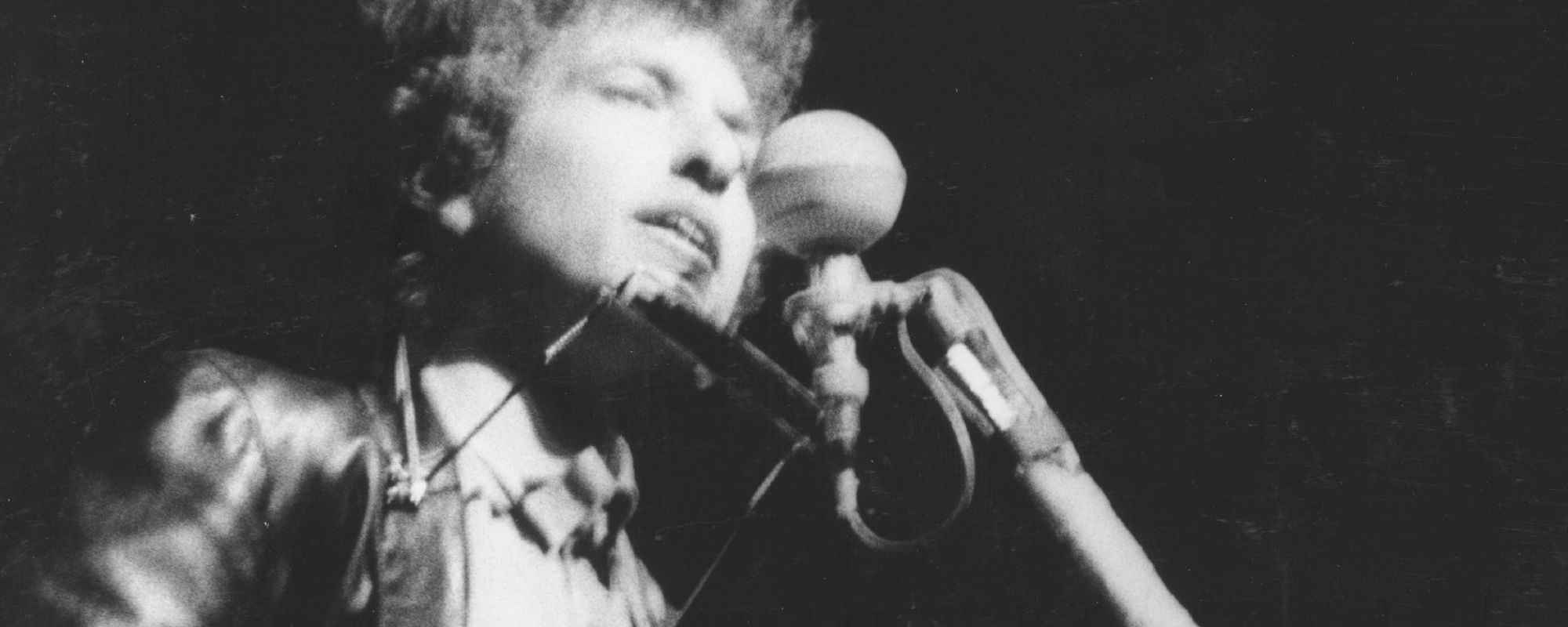Performed with love and sorrow by Nina Simone only days after the assassination of Martin Luther King, Jr., it sadly resonates today as much as ever.
Nina Simone sang it. Gene Taylor, her bassist, wrote it. It’s been called “the saddest song ever written.“ Written in the immediate aftermath of the killing of Martin Luther King, it’s called “Why (The King of Love Is Dead).”
One of the most staggering aspects of the power of song is when an old song can resound so powerfully in our current moment. This song, and Nina Simone’s chilling performance of it, reflects the desperation and rage of America in April of 1968. Tragically, it speaks to this American moment just as powerfully, if not more so.
After MLK was shot and died, riots raged in more than 100 American cities. Never have there been riots and looting and burning across all of America to that extent until now. Here in this sad June of 2020, protests and riots broke out in all fifty states, ignited by the anger over the public killing of George Floyd by police in Minneapolis.
Nina Simone performed it only three days past the assassination on April 7, 1968, at the Westbury Music Fair on Long Island in New York. In an impassioned, epic performance of almost fifteen minutes, delivered in a voice weakened by rage and sorrow, she spoke, she sang, she sermonized, and prayed for the hatred to end. Her words are a tragic reminder that in more than fifty years since that night, systemic racism in this country persists.
Videos by American Songwriter
“We can’t afford any more losses,” she said with words that could be spoken today. .”They’re killing us one by one… .”
She then spoke directly to those who loved her for her music. “If you’ve been moved at all, and you know my songs at all, for God’s sake join me. Don’t sit back there. The time is now! You know the King of Love is dead. I ain’t ‘bout to be nonviolent, honey!”
This performance was included on her live album Nuff Said, but edited down to about five minutes. To feel the full force of that moment and the power and purity of her presence, one must hear the original, which is below.
“We learned that song that (same) day,” said Samuel Waymon, Nina’s brother and organist. “We didn’t have a chance to have a rehearsal. But when you’re feeling compassion and outrage and wanting to express what you know the world is feeling, we did it because that’s what we felt.”
In The Atlantic, Vann Kewkirk wrote that this performance was “about whether our nation will stand or fall,” about “a country on the verge of apocalypse. We were talking about the end of the world; the black community in shambles and tears and unrest and riots. How do you go from there to here, where they say in these fifty years we have won?”
It’s a question for which no good answer exists. But the song remains.

Why (The King of Love is Dead)”
By Gene Taylor
Performed By Nina Simone
What’s gonna happen now? In all of our cities?
My people are rising; they’re living in lies.
Even if they have to die
Even if they have to die at the moment they know what life is
Even at that one moment that ya know what life is
If you have to die, it’s all right
Cause you know what life is
You know what freedom is for one moment of your life
But he had seen the mountaintop
And he knew he could not stop
Always living with the threat of death ahead
Folks you’d better stop and think
Everybody knows we’re on the brink
What will happen, now that the King is dead?
We can all she’d tears; it won’t change a thing
Teach your people: Will they ever learn?
Must you always kill with burn and burn with guns
And kill with guns and burn – don’t you know how we gotta react?
But he had seen the mountaintop
And he knew he could not stop
Always living with the threat of death ahead
Folks you’d better stop and think
Everybody knows we’re on the brink
What will happen, now that the King of love is dead?













Leave a Reply
Only members can comment. Become a member. Already a member? Log in.